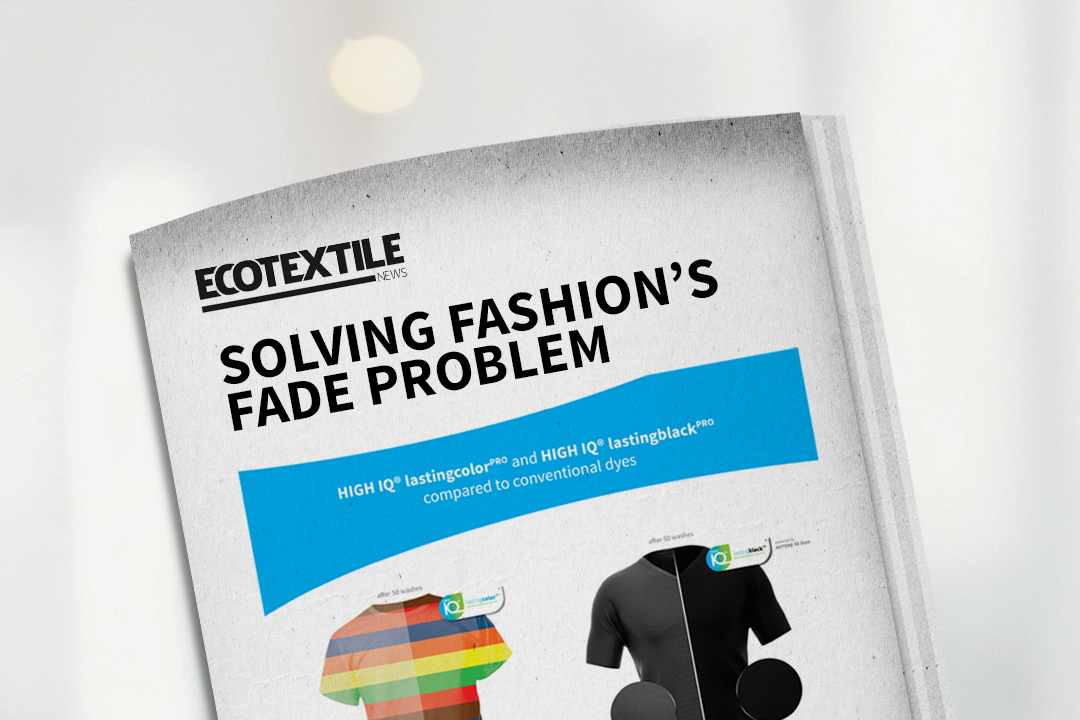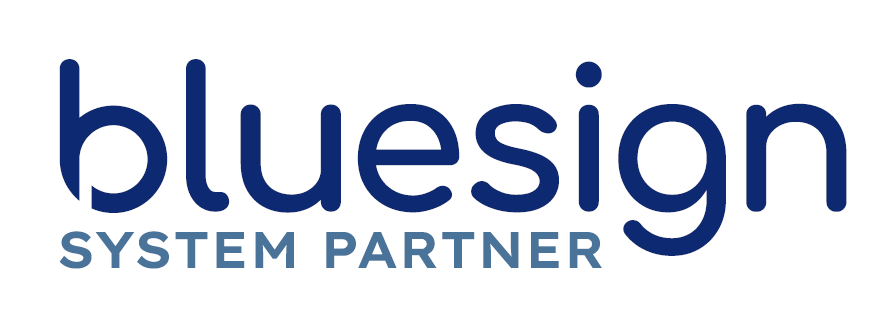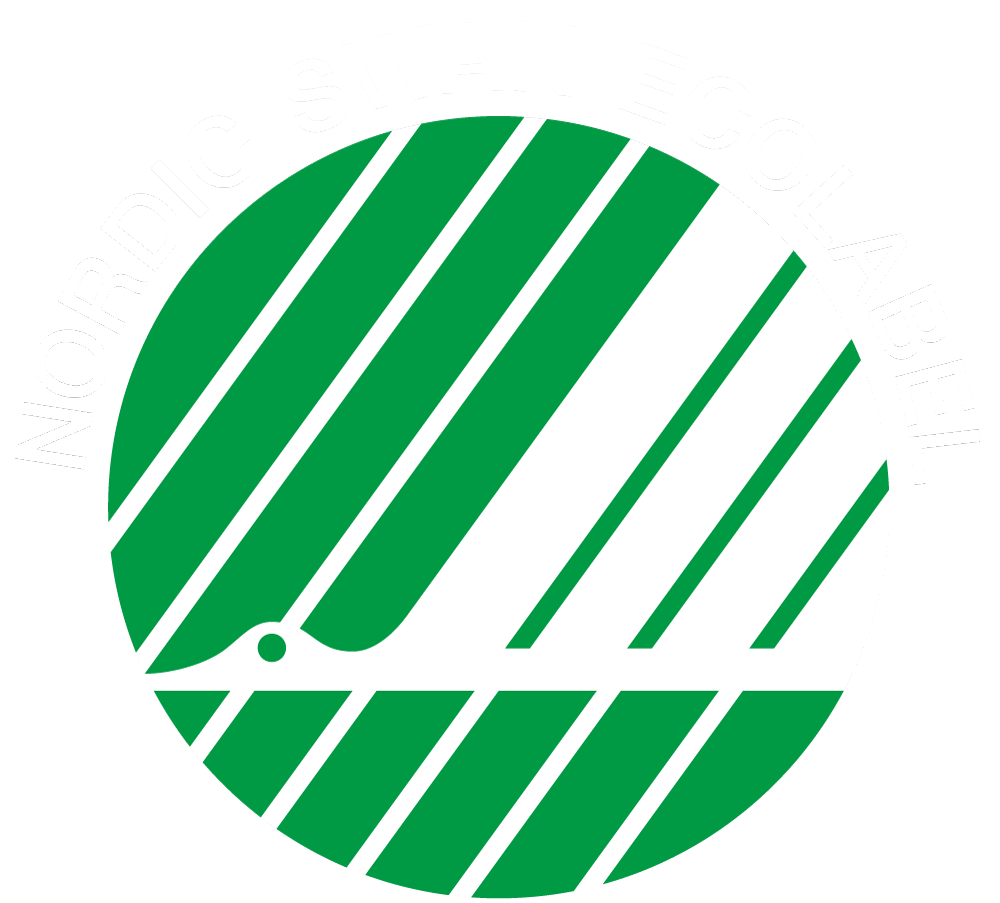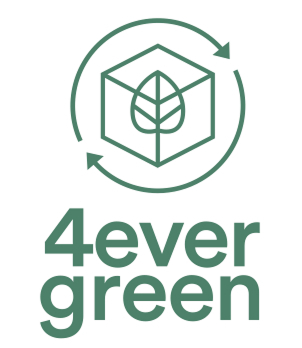Taking the lead to protect our oceans
Traditional textile manufacturing consumes a huge volume of fresh water and produces wastewater that can contaminate rivers and the ocean, harming habitats and wildlife. With regulation and public sentiment increasingly aligning on water conservation and pollution prevention, mills, brands and suppliers must be part of the solution.
As a global leader in sustainable specialty chemicals for the textile industry, Archroma advocates addressing this issue through innovation and partnership on two fronts: by reducing total water use and minimizing wastewater, and by preventing unwanted substances from entering the supply chain.

Our portfolio is based on sustainable solutions that prove it is possible to achieve more efficient manufacturing and offer a better end-user experience while ensuring regulatory compliance and using less water and fewer chemicals. We also empower mills and brands through tools, like our ONE WAY Impact Calculator, that help them track water-related data and optimize their processes.
Björn Borg, the Swedish sports fashion brand, has adopted the Archroma High IQ® Lasting Color ECO assurance program to deliver sports apparel in vibrant long-lasting colors with a smaller impact on our environment. The High IQ® process halves water usage and production time, with greatly reduced energy and chemicals consumption.
In China, a producer of high-end woolen fabrics for global markets upgraded to a chrome-free LANASOL® dye solution to deliver optimal fastness and wool quality while improving productivity. It was able to reduce its production process by two washes, achieving substantial savings of water and energy and lowering wastewater treatment costs, with no chrome in the wastewater to take care of to take care of.

We have seen a marked shift towards the use of safer ingredients in recent years, with growing public awareness of sustainability alongside regulatory change and more brand recognition of clean manufacturing as a key differentiator.
Technical innovation has made it possible for mills to maintain the performance of their textiles and their production efficiency whilst utilizing safer, cleaner chemistry This keeps unwanted chemicals out of the supply chain and ensures they cannot pollute waterways such as rivers, lakes and the ocean.
For example, Aniline a key ingredient in indigo dyestuff and a pollutant that contaminates wastewater from the denim dyeing process. Long considered essential to the production of iconic blue jeans, it is now known to be toxic to aquatic life. Archroma disrupted the denim industry in 2018 with the introduction of an aniline-free indigo alternative: Denisol® Pure Indigo. With the world’s major clothing brands and retailers increasingly looking to eliminate aniline from their supply chains, many leading mills are switching to aniline-free Denisol®.
One of the largest and oldest denim manufacturers in Asia, TCE Denim, uses Denisol® Pure Indigo dye for aniline-free production at its plants in Vietnam. It follows a fully sustainable production model, recycling all wastewater into water of drinking-level quality.
Supporting brands, retailers and consumers, many fabric mills and their suppliers are already stepping up to help protect the world’s oceans by using eco-friendly chemicals and adopting innovative water-saving production processes. We are proud to be part of this effort, and we remain committed to doing more through innovation and collaboration.
More News & Stories

Solving Fashion’s Fade Problem
When garments lose their vibrancy after just a few wears or washes, consumers discard them prematurely. This undermines the fashion industry’s sustainability goals and negates brand investments in sustainable materials and production. Read on to find out how Archroma's HIGH IQ assurance program is the new standard for color performance.

Archroma’s Upstream Shift Signals a New Era for High-Contrast Denim Finishing
The fashion industry’s demand for distressed denim often clashes with reliance on potassium permanganate, heavy bleaching, and water-intensive laundering. TexFash spoke with our Denim team to unravel the story and thoughts behind the award-winning DENIM HALO concept. Read on to find out more.

Full Value Chain Collaboration - The Fastest Way to Sustainable Packaging
I recently asked a fellow packaging professional for their take on the industry’s progress towards sustainable packaging. The answer — “It’s rather like building a plane while you’re flying it” — succinctly captures the prevailing combination of complexity and urgency that all players in the value chain are faced with. There’s much to do in a limited time.

Engineered for every active pursuit—and the planet
Rising consumer expectations are pushing mills and brands to adopt new strategies to stay competitive. Durability, comfort and sustainability are now essential, and all must work hand-in-hand. Archroma’s SUPER SYSTEMS+ solutions are designed to meet this new standard.
Archroma are proud members and/or partners with the following organizations

















